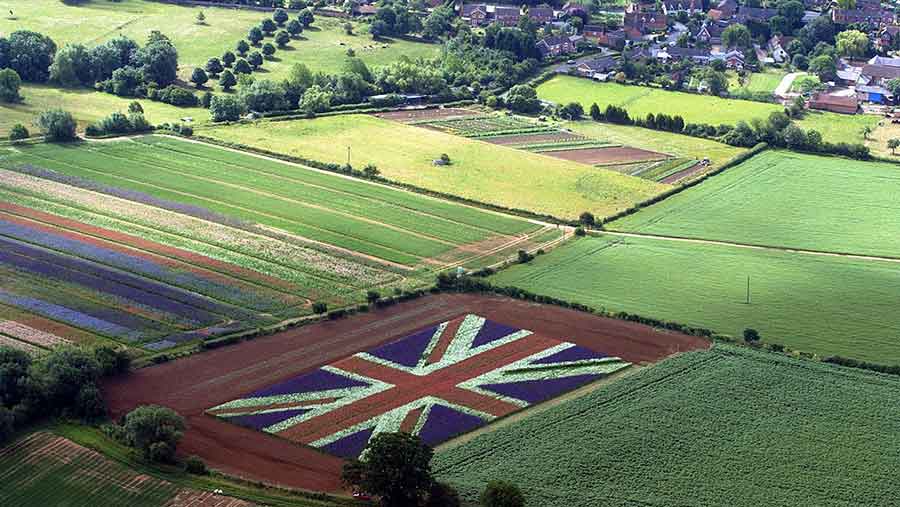Farm subsidies must refocus on environment, say MPs
 © Brian Bould/Daily Mail/REX/Shutterstock
© Brian Bould/Daily Mail/REX/Shutterstock Farm subsidies should be refocused after the UK leaves the EU to provide a better balance between support to agriculture and environmental protection, a report by an influential group of MPs has concluded.
The Environmental Audit Committee (EAC) said any new farm subsidies the government introduces to replace the Common Agricultural Policy (CAP) “should have clearly defined objectives linked the delivery of public goods”.
These include the promotion of biodiversity, preventing flooding and storing carbon “rather than simply providing income to support farmers”, said the report, The Future of the Natural Environment after the EU Referendum.
See also: Farmers split over Brexit, but trade fears intensify
EU farm subsidies currently make up about 50-60% of total farm incomes. Last year, total CAP expenditure in the UK was £3.5bn, with some 90% of this funding through Pillar 1 (direct payments).
In the report, published on Wednesday (4 January), MPs said the future of funding for biodiversity and agri-environment policy post-Brexit must have objectives for agriculture and the environment that are “fully integrated”.
The current CAP model allocates funding on a “farm by farm basis”, with “no consideration of the relationship between farms and the wider landscape”, the report said.
However, during the inquiry, MPs heard widespread support for the adoption of a “landscape approach” for any future funding model, rather than individual landholdings.
The RSPB said this should be flexible enough to meet local needs, but with a “clear line of sight to national environmental objectives”.
‘Triple jeopardy’
MPs also warned UK farmers face a “triple jeopardy” from changes in the UK’s trading relationships negotiated after Brexit.
Firstly, leaving the CAP could threaten the viability of some farms. Secondly, if the UK is denied continued access to the Single Market, the farming industry may face tariffs when exporting produce to the EU, including 30% tariffs on sheep exports and 50% on beef.
Thirdly, new trading relationships with the rest of the world “could lead to increased competition from larger economies with lower animal welfare, food safety and environmental standards”.
The UK government has guaranteed current levels of agriculture funding until 2020 and funding for agri-environment schemes that are signed prior to leaving the EU.
But EAC chair Mary Creagh, (Labour) MP for Wakefield, said it was “concerning” that Defra secretary Andrea Leadsom gave the committee “no reassurance that there would be subsidies for farmers after we leave the EU”.
Finally, the MPs said a new Environmental Protection Act was needed after Brexit to maintain the UK’s strong environmental standards.
